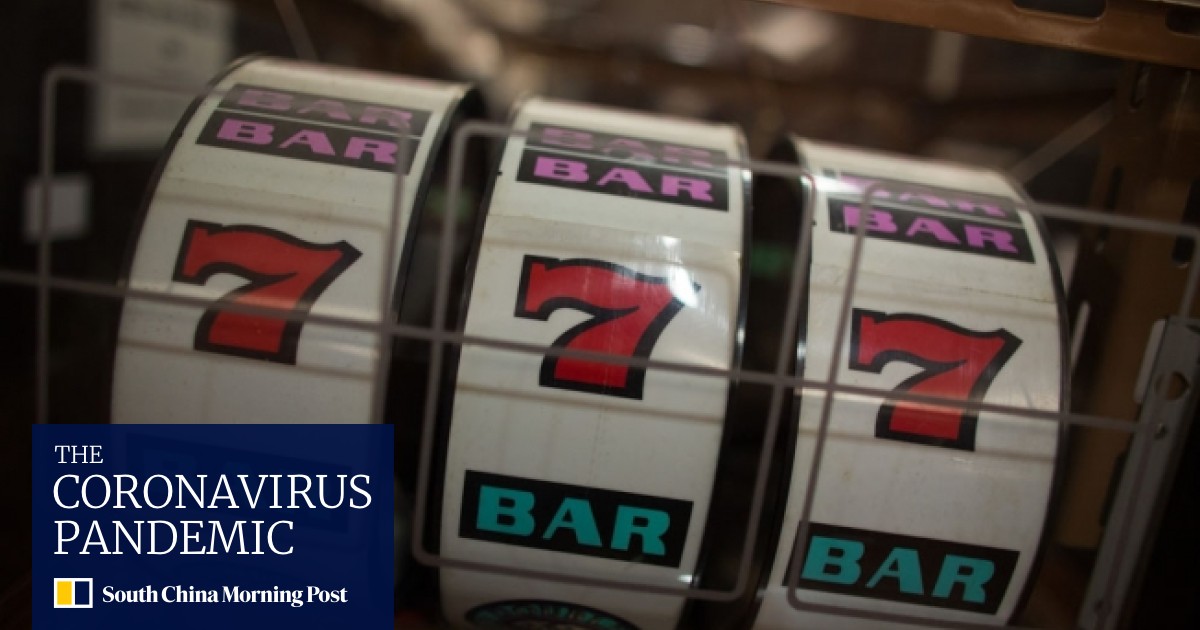Slot Machine Noises
Download Slot Machine sounds. 2,318 stock sound clips starting at $2. Download and buy high quality Slot Machine sound effects. Slot machine Sound Effects (194) Most recent Oldest Shortest duration Longest duration Any Length 2 sec 2 sec - 5 sec 5 sec - 20 sec 20 sec - 1 min 1 min All libraries Radio Mall SFX Bible BLASTWAVE FX Frank Serafine John Leonard Richard Humphries WW Audio Epic Stock Media Fusehive Ryan Wassil 2496 Sound Effects.
I spent part of last week on vacation from science in Las Vegas, where I thankfully avoided financial ruin due to some fortunate combination of genes, math awareness and a wife that has no interest in gambling. Sure, I dabbled a bit in games of chance, but as soon as I got a little bit ahead on the blackjack tables I ran for my life, knowing that the probability would even out hard in the long run. For those concerned about the financial well-being of Sin City, they still managed to turn a profit on us, thanks to the low-return temptations of fine dining and French circus acts set to Beatles megamixes. But most of our time was spent on the free entertainment of people-watching and stuff-watching, observing row after row of people almost hypnotically at work on loud, noisy slot machines amid fake New York, Paris and Venice scenery.
Slot Machine Noise Wav
It doesn’t take a PhD in neurobiology to conclude that slot machines are designed to lure people into a money-draining repetition, just as it doesn’t take expertise in the casino business to realize slots are absurdly profitable – there’s a reason why they outnumber table games 100-to-1. But I wanted to go back to the scientific literature to confirm a faint glimmer of information I retained from graduate school, specifically that slot machines are masterful manipulators of our brain’s natural reward system. Every feature – the incessant noise, the flashing lights, the position of the rolls and the sound of the coins hitting the dish – is designed to hijack the parts of our brain designed for the pursuit of food and sex and turn it into a river of quarters. Or so I remember.
Fortunately, there is a robust amount of research into why slot machines are so addictive, despite paying out only about 75% of what people put in. They are, some scientists have concluded, the most addictive of all the ways humans have designed to gamble, because pathological gambling appears faster in slots players and more money is spent on the machines than other forms of gambling. In Spain, where gambling is legal and slot machines can be found in most bars, more than 20.3 billion dollars was spent on slots in 2008 – 44% of the total money spent by Spaniards on gambling last year.

That data was published earlier this month by a psychologist from the Universidad de Valencia named Mariano Choliz in the Journal of Gambling Studies. Yes, such a publication exists! In the background of the paper, Choliz outlines the tricks that slot machines use to keep people feeding them:
Slot Machine Sfx
- Operating on a random payout schedule, but appearing to be a variable payout; i.e. fooling the player into thinking that the more money they play, the more likely they are to win.
- “The illusion of control” in pressing buttons or pulling a lever to produce the outcome.
- The “near-miss” factor (more on this below)
- Increased arousal (where the sounds and flashing lights come in)
- Able to be played with very little money; the allure of “penny” slots.
- And perhaps most importantly, immediate gratification.
This last point is the subject of Choliz’s experiment, which puts a group of ten pathological gamblers in front of two different slot machines. One machine produces a result (win or lose) 2 seconds after the coin was virtually dropped (it was computer program), the other delayed the result until 10 seconds after the gambler hit play. In support of the immediate gratification theory, gamblers played almost twice as long on the 2-second machines than they did on the 10-second machines…even though the 10-second machines paid out more money on average!
Choliz concluded that the immediacy of the reward was part of what kept people at slot machines, making them so addictive. The quick turnaround between action and reward also allows people to get into a repetitious, uninterrupted behavior, which Choliz compares to the “Skinner boxes” of operant conditioning – the specialized cages where rats hit a lever for food or some other reward. It seems like a cruel comparison, but after my three days walking through the casinos, not an inaccurate one.
Another trick up the slot machine’s sleeve was profiled earlier this year by a group of scientists from the University of Cambridge. In the journal Neuron, Luke Clark and colleagues examined the “near-miss” effect, the observation that barely missing a big payout (i.e. two cherries on the payline while the third cherry is just off) is a powerful stimulator of gambling behavior.

The Cambridge researchers put their subjects in an fMRI machine to take images of their brains while they played a two-roll slot machine game. When the players hit a match and won money, the reward systems of the brain predictably got excited – the activation of areas classically associated to respond to food or sex I mentioned earlier. When players got a “near-miss,” they reported it as a negative experience, but also reported an increased desire to play! That feeling matched up with activation of two brain areas commonly associated with drug addiction: the ventral striatum and the insula (smokers who suffer insular damage suddenly lose the desire to smoke).
Casino Slot Machine Noises
Clark and co. conclude that near-misses produce an “illusion of control” in gamblers, exploiting the credo of “practice makes perfect.” If you were learning a normal task such as hitting a baseball, a “near-miss” foul ball would suggest that you’re getting closer – it’s better than a complete whiff, after all. But for a slot machine, where pulling the lever has no impact on the rolls other than to start them moving and start the internal computer calculating, a “near-miss” is as meaningless as any miss.
Las Vegas Slot Machine Noises
Nevertheless, it’s this type of “cognitive distortion,” as Clark and colleagues name it, that makes slot machines such effective manipulators of our brains. Those massive, gaudy casino-hotels that I wore out a pair of shoes strolling through last week weren’t just built on a crafty use of probability, they were built on a exploitation of brain functions we are only just beginning to understand.